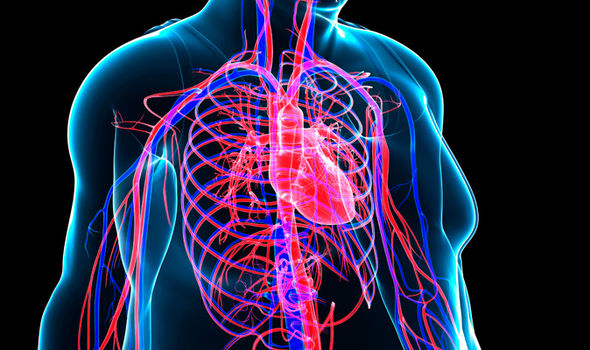HEART HEALTH
HEART HEALTH……. are you looking after the engine room of your body?
Heart disease is the single biggest killer of Australian women. Women are almost three times more likely to die from heart disease than breast cancer. Younger women (25-45 years) are still at risk.
Knowing your risks is the first step to avoiding a heart attack or stroke. There’s no one cause for heart disease, but there are risk factors that increase your chance of developing it. The more risk factors you have, the bigger your risk is of a heart attack or stroke.
Risk factors common to all women of all ages; Ask yourself, do you answer YES to any of the common risk factors?
♥ High cholesterol
♥ High blood pressure
♥ Overweight and obesity
♥ Physical inactivity
♥ Smoking
♥ Diabetes and depression

There are some Risk factors you cannot change, like age and family history BUT there are Risks factors you CAN change.
THE GOOD NEWS?
Most heart disease risk factors can be changed, and there’s plenty you can do about them.
Click the links below to find out more about the common risk factors contributing to Heart Disease and what you need to do to reduce your risk!
Will you recognise your heart attack?
The warning signs of a heart attack
Warning signs may not be what you think. They can vary from person to person, and they may not always be sudden or severe.
It’s vital to get treatment fast, to limit damage to your heart. If you experience the warning signs of a heart attack, call Triple Zero (000) immediately and ask for an ambulance.
Heart attack symptoms
These are the most common warning signs of a heart attack. You may have just one of these symptoms, or a combination.
Discomfort or pain in your chest
This can often feel like a heaviness, tightness or pressure. People who have had a heart attack have commonly described it as like “an elephant sitting on my chest”, “a belt that’s been tightened around my chest” or “bad indigestion”.
The discomfort may spread to different parts of your upper body.
Discomfort in your arm(s), shoulder(s), neck, jaw or back
You may have a choking feeling in your throat. Your arms may feel heavy or useless.
Other symptoms
You may:
- feel short of breath
- feel nauseous
- have a cold sweat
- feel dizzy or light-headed.
Some people have also described feeling generally unwell or “not quite right”.
Symptoms can come on suddenly or develop over minutes and get progressively worse. They usually last for at least 10 minutes.
In 2017 the ♥ Foundation is investing $17.5 million to fund and manage cardiovascular research.
Find out more about some of the research they fund at the ♥ FOUNDATION
Reference


